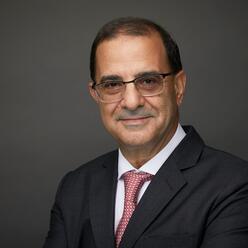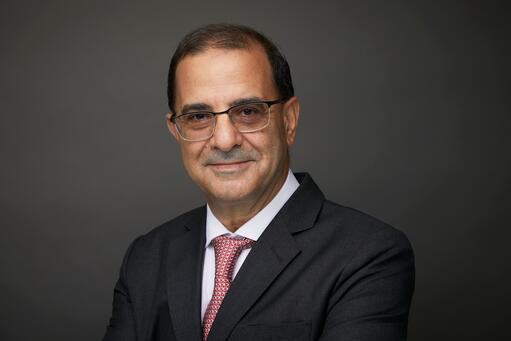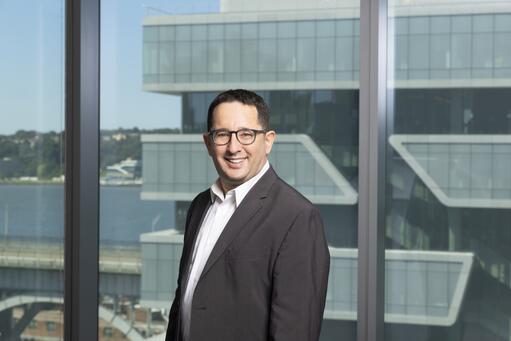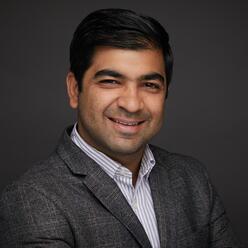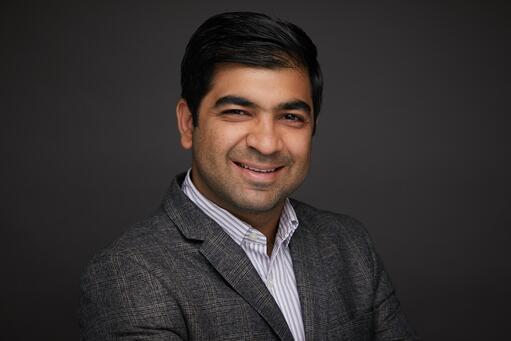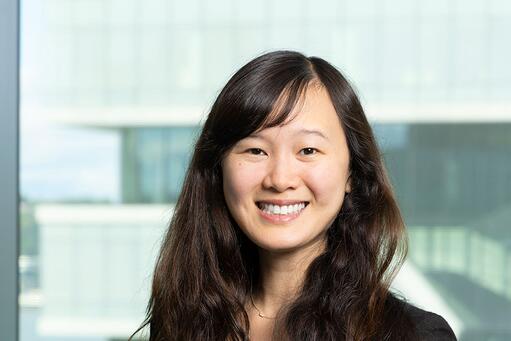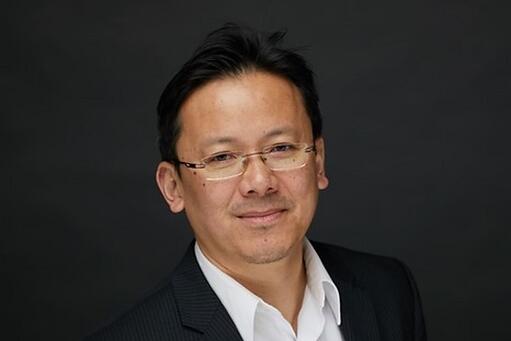Overview
The Master of Science in Marketing Science requires three semesters of full-time study at Columbia Business School. Students need to complete a minimum of 30 credits to complete the program. They can take an additional six credits at no extra tuition charge under the School's flat rate tuition program.
Expected Coursework
Students must complete at least 30 credits and can choose between the Marketing Analytics Track, the Digital Marketing Track, or both. Certificates will be awarded for each track completed.
Core Classes
- Statistical Modeling and Decision Making (B9659; 1.5 credits)
- Python Programming for Data Science (B9661; 1.5 credits)
- Market Intelligence: The Art and the Science (B8656)
- Marketing Consulting Skills (B9657; 1.5 credits)
- Strategic Consumer Insights (B8607) or Behavioral Economics & Decision Making (B8619)
- Capstone Project (B9660)
Track Core Classes
- Marketing Analytics Track:
- Advanced Marketing Analytics (B9106)
- Digital Marketing Track:
- Digital Marketing (B9655; 1.5 credits)
- Social Networks (B8628; 1.5 credits)
Elective Classes
The electives are divided into two categories: Marketing and Analytics. Students must complete a minimum of six credits in each category. The specific electives for each category are listed below.
Marketing Electives (Six Credits)
Media Platforms and Content: A Foundations Course
Media Platforms and Content: A Foundations Course
Brand Management in the Digital Age
Digital Product Management Lab
Innovate Using Design Thinking
Media Planning & Growth Marketing
Catching Growth Waves to 2050 and Beyond
Artificial Intelligence & Virtual Reality
Foundations of Entrepreneurship
PhD Coursework
Students can substitute the following PhD courses for certain core requirements with permission from the Director of the MS Program and the teaching faculty.
Bridging Behavioral Decision Making
Experimental Design & Analysis for Behavioral Research
Marketing, Decisions and Methods
Mathematical Models in Marketing
Faculty
The MSM program offers an opportunity to learn alongside faculty who are at the forefront of their disciplines. They are international influencers on business practices and strategies, continuing Columbia Business School’s legacy of developing the world’s top business leaders and strategists. Our faculty are exceptionally invested in student success and help create a collaborative culture that challenges students to push the boundaries of their expertise so they can contribute to today’s most innovative organizations.
